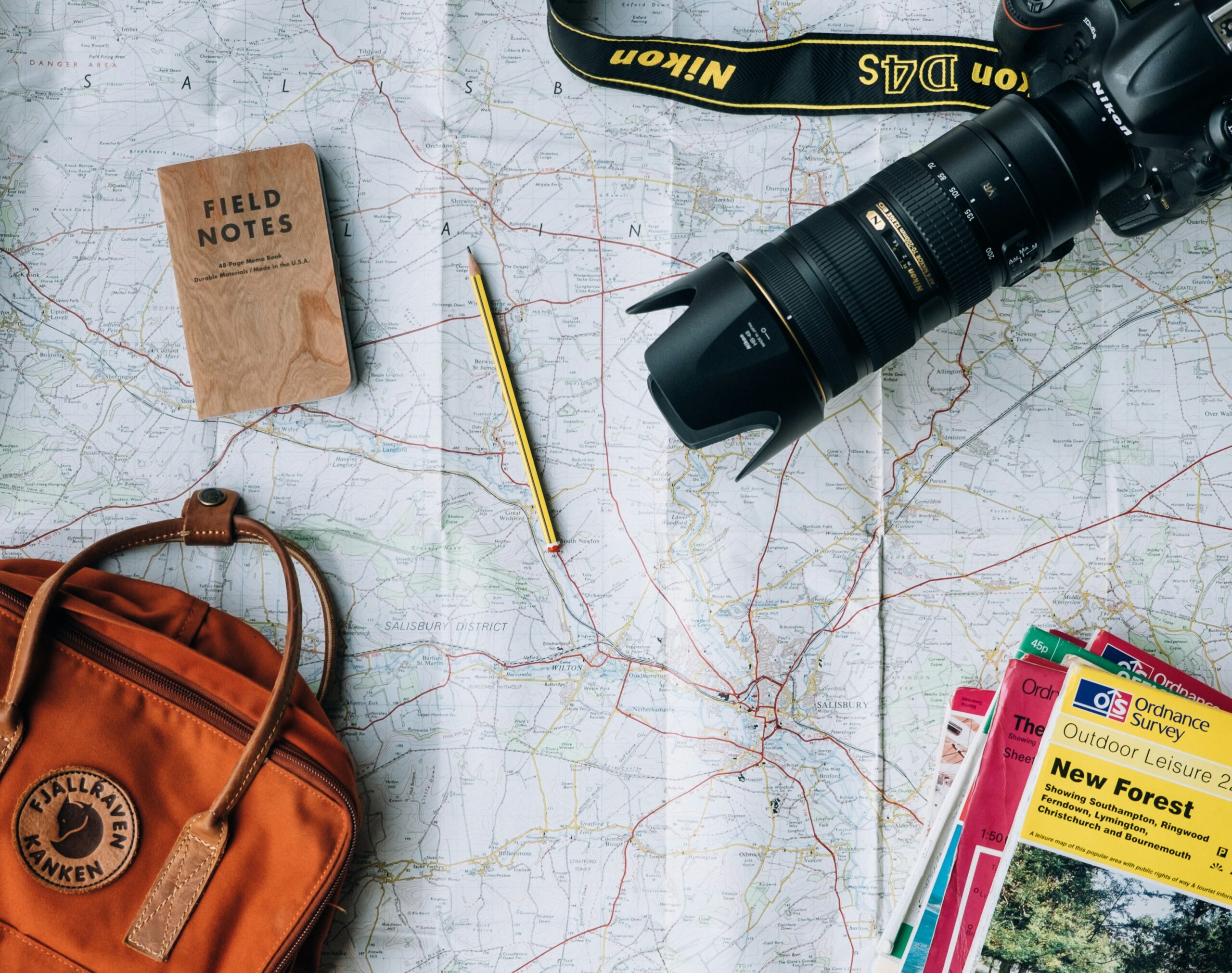Libya is a country located in North Africa, bordered by Tunisia, Algeria, Chad, Niger, Sudan, and the Mediterranean Sea. It is known for its rich history, diverse culture, and vast oil reserves. Libya has a long and complex history that dates back to ancient times, with influences from various civilizations, including the Roman Empire, the Ottoman Empire, and Italian colonialism. Libya gained independence in 1951 and has since undergone significant political and economic changes. The country is home to many different ethnic groups, including Arabs, Berbers, and Tuareg. The culture is characterized by traditional practices, such as Islamic customs, Bedouin nomadism, and desert agriculture. Libya’s economy is heavily reliant on its oil reserves, which are among the largest in Africa. The country is also home to many historical and cultural landmarks, including the ancient ruins of Leptis Magna and Sabratha, and the beautiful city of Tripoli.
“In the Country of Men” is a novel by Hisham Matar, which tells the story of a young boy named Suleiman growing up in Libya during the 1970s, a time of political turmoil and oppression. The novel explores themes of family, love, betrayal, and the struggle for freedom in a country ruled by a repressive regime. Suleiman’s coming-of-age story is both personal and political, offering a poignant and insightful look into the human cost of living under an authoritarian government.
“The Return: Fathers, Sons, and the Land in Between” is a memoir written by Hisham Matar, published in 2016. It is a poignant and powerful account of Matar’s journey to uncover the fate of his father, who was kidnapped and imprisoned by the Libyan government when Matar was a young boy. The book weaves together the personal story of Matar’s search for his father with the political history of Libya, creating a nuanced and complex portrait of a country torn apart by conflict and dictatorship. Through his lyrical prose and insightful reflections, Matar explores themes of loss, memory, identity, and the enduring bonds between fathers and sons.
Tripoli in the 1960s. A sweltering, segregated society. Hadachinou is a lonely boy. His mother shares secrets with her best friend, Jamila, while his father prays at the mosque. Sneaking through the sun drenched streets of Tripoli, the boy listens to the whispered stories of the women. He turns into an invisible witness to their repressed desires as he becomes aware of his own.
“Sandstorm: Libya in the Time of Revolution” is a non-fiction book by Lindsey Hilsum, published in 2012. It is a personal account of the 2011 Libyan Revolution, written by the author who was a frontline journalist reporting from Libya during the conflict. The book explores the social, political, and economic factors that led to the revolution, as well as the experiences of Libyans during the uprising and its aftermath. It also sheds light on the role of the international community in the Libyan conflict.
“The Shadows of Ghadames” is a novel by Joelle Stolz that tells the story of a young Muslim girl named Malika who lives in the ancient city of Ghadames in Libya. Malika dreams of becoming a trader like her father, but when he dies unexpectedly, she and her mother are left alone in a world where women are not allowed to work or travel alone. Malika’s determination and cleverness lead her to take on the role of a trader in secret, but when her mother falls ill, she must risk everything to save her. The novel offers a glimpse into the lives of Muslim women in North Africa and the challenges they face in a patriarchal society.
“Lion of the Desert” is a movie about the Libyan resistance leader Omar Mukhtar’s struggle against the Italian colonization of Libya in the 1920s. The movie was directed by Moustapha Akkad and stars Anthony Quinn as Omar Mukhtar, Oliver Reed as General Rodolfo Graziani, and Irene Papas as Mukhtar’s companion. It was released in 1981 and is considered one of the most important and successful Libyan movies ever made.
“Tripoli Cancelled” is a 2017 Libyan movie directed by Naeem Mohaiemen. The film tells the story of a man who has been living alone in an abandoned airport in Tripoli, Libya, for years. The man spends his days wandering around the airport, sleeping in a decrepit plane, and reflecting on his memories of the past. As the film progresses, we see the man confront his isolation and the impact of political turmoil on his psyche. Through his experiences, the film explores themes of displacement, memory, identity, and the human cost of political conflict.
“Freedom Fields” is a 2018 Libyan documentary film directed by Naziha Arebi that follows a group of young women who form a football team in post-revolution Libya. The film documents the team’s journey as they overcome cultural and social barriers and work towards their dream of competing in an international tournament. Along the way, the film offers an intimate look at the lives of these women and their struggles in a society undergoing significant political and social change. “Freedom Fields” is a powerful exploration of gender, identity, and the pursuit of dreams in a country in transition.
“Life After Death” (2014) is a Libyan drama film that tells the story of three exiled Libyan men who return to their homeland after the 2011 revolution that toppled the Gaddafi regime. The main characters are Omar, Tarek, and Ammar, who have all spent years living abroad, and who now return to their homeland with different hopes and dreams. However, upon their arrival, they discover that the new Libya is not the utopia they had hoped for. They face a series of challenges, including poverty, corruption, and the rise of religious extremism. The film offers a poignant and personal portrayal of post-revolutionary Libya, exploring themes of identity, loss, and the struggle for survival in a country torn apart by war and political upheaval.
“
“Al-Irhab wal Kabab” is a Libyan comedy film directed by Ali Abdel-Khalek. The film satirizes the regime of Libyan dictator Muammar Gaddafi. The story follows a group of terrorists who plan to kidnap a famous singer, but their plans go awry when they accidentally abduct a poor street vendor who happens to look like the singer. The film uses humor to criticize the oppressive political environment of the time and sheds light on the issues of freedom of expression and censorship in Libya.
Libya has a rich musical heritage that is deeply rooted in its history and diverse cultural influences. Traditional Libyan music includes a variety of genres, such as Bedouin music, Berber music, and religious music. The most popular traditional instrument in Libyan music is the oud, a pear-shaped stringed instrument that is often played in combination with other traditional instruments like the darbuka (goblet drum), tar (frame drum), and nay (bamboo flute). Libyan traditional music also features a unique vocal style in which the singer uses a high-pitched falsetto. In addition to traditional music, Libya has a modern music scene that draws influences from various genres, such as pop, rock, hip hop, and electronic music. Libyan musicians often incorporate traditional elements into their music, creating a unique fusion of old and new.

